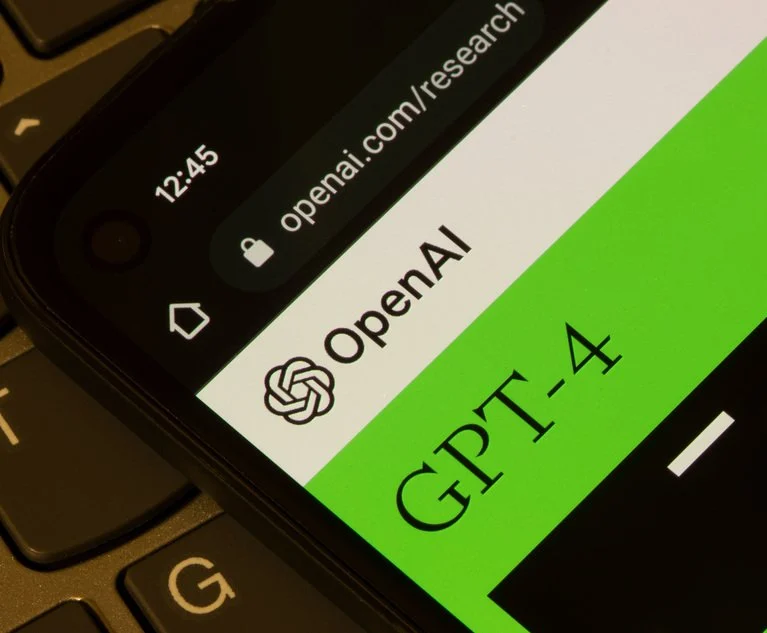Artificial intelligence has made remarkable strides in various fields, but its journey into the legal realm has been a complex one. Recent advancements, notably with the introduction of GPT-4, have shown promising signs of progress in legal reasoning. However, despite the impressive strides, AI chatbots like GPT-4 still fall short of possessing the comprehensive knowledge and expertise required of human lawyers.
Early attempts to employ AI chatbots in courtrooms have often yielded disastrous results, underlining the fact that AI isn’t yet prepared to handle the intricate complexities of real-world legal arguments. To bridge this gap, artificial intelligence researchers and legal experts have collaborated to design a groundbreaking tool known as LegalBench. This innovative platform aims to evaluate how effectively AI chatbots can contribute to the legal field.
GPT-4: A Legal Reasoning Powerhouse
GPT-4, the latest iteration of the famed GPT series developed by OpenAI, has showcased its prowess in legal reasoning. When pitted against other AI chatbots in a test of legal acumen, GPT-4 emerged as the frontrunner, demonstrating an unprecedented ability to navigate complex legal scenarios. Its capacity to comprehend and analyze legal texts, statutes, and case law is a significant leap forward for AI in the legal domain.
While GPT-4’s performance is impressive, it’s essential to emphasize that it still lags behind human lawyers in several critical aspects. The key shortcomings lie in its inability to access real-time legal updates, limitations in understanding nuances of context, and a lack of practical experience. These gaps in knowledge and experience are what continue to separate AI chatbots from their human counterparts in the legal profession.
LegalBench: A Collaborative Effort
Recognizing the need to bridge the chasm between AI’s potential and the demands of legal practice, artificial intelligence researchers and legal experts have joined forces to create LegalBench. This groundbreaking platform serves as a litmus test for evaluating the capabilities of AI chatbots in the legal realm.
LegalBench leverages the collective knowledge and expertise of legal professionals to design rigorous evaluation criteria. It assesses AI chatbots on their ability to conduct legal research, construct persuasive legal arguments, and provide reasoned responses to complex legal queries. This collaborative effort aims to refine and improve AI’s ability to assist lawyers, researchers, and even the general public in navigating legal matters more effectively.
Challenges and Caution
Despite the progress demonstrated by GPT-4 and the introduction of LegalBench, it’s crucial to exercise caution when considering the role of AI chatbots in the legal domain. Early attempts to use AI in courtrooms have often ended in disaster, with AI chatbots struggling to adapt to the unpredictable nature of legal proceedings and the intricacies of human interaction.
The limitations of AI, such as its inability to provide tailored legal advice, interpret emotions, or adapt to rapidly evolving legal landscapes, remain significant roadblocks. While AI chatbots can be valuable tools for legal research and initial analysis, they should always be viewed as supplements to human expertise rather than replacements.
Conclusion
GPT-4’s exceptional performance in legal reasoning and the development of LegalBench highlight the ongoing evolution of AI in the legal field. While AI chatbots are making impressive strides, they are far from ready to replace human lawyers. Legal professionals should continue to exercise caution, recognizing that AI’s role in the legal domain is primarily as a complementary tool, enhancing efficiency and accessibility while relying on human expertise to navigate the intricacies of real-world legal arguments. The collaboration between AI researchers and lawyers represents a step in the right direction, but the journey towards harmonizing AI and the law is far from complete








Customer Reviews
Thanks for submitting your comment!